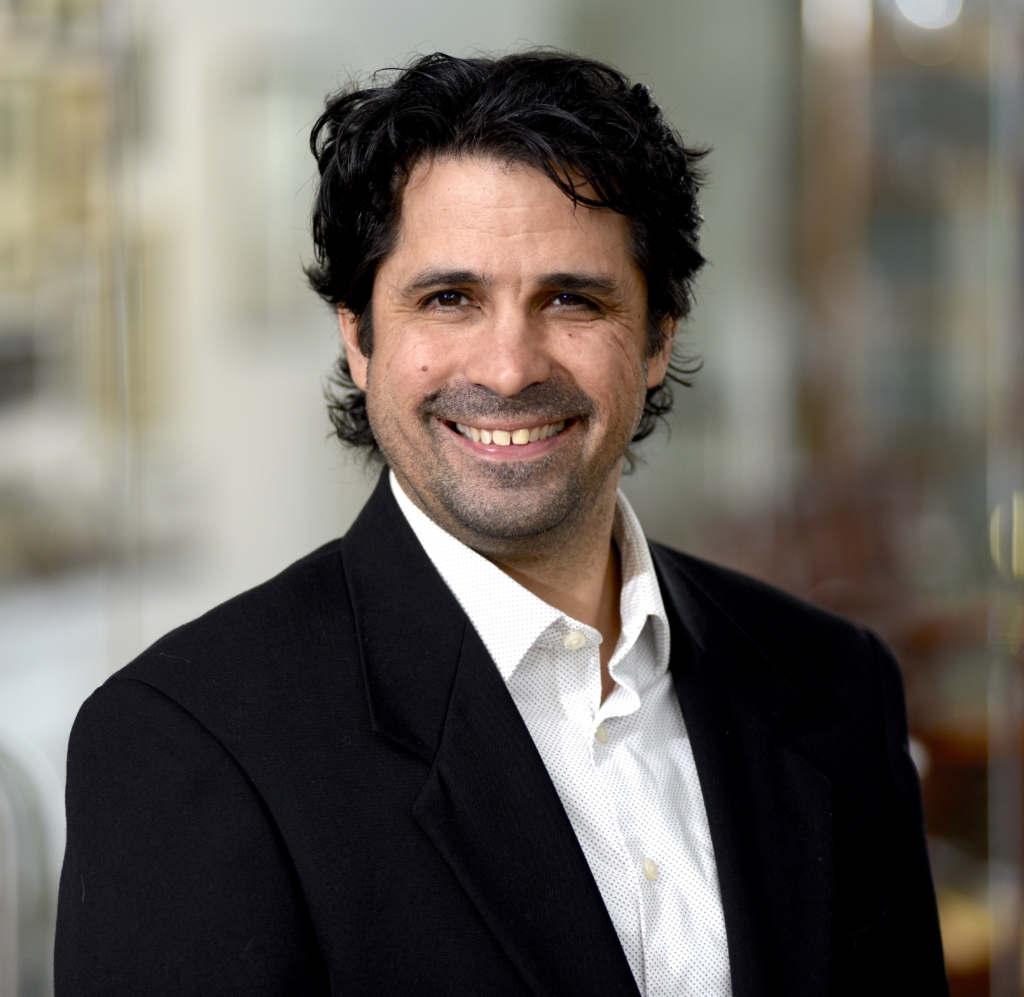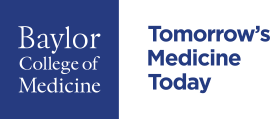BRIDGING THE GAPS BETWEEN BIG IDEAS AND GAME-CHANGING SOLUTIONS
Kickstarting Discovery: The Alkek Foundation’s Role in Advancing Microbiome Research
Among the many transformative gifts given by the Albert and Margaret Alkek Foundation to Baylor College of Medicine, the $1.2 million awarded in 2011 to fund the creation of the Alkek Center for Metagenomics and Microbiome Research (CMMR) continues to be significantly impactful.
The brainchild of Joseph Petrosino, Ph.D. ’98, Fel. ’02, the CMMR was established to enable a deeper understanding of the human microbiome — the microorganisms that live in or on the body — and its impact on health and disease. In 2007, when Baylor was chosen as a research site for the first phase of the National Institutes of Health’s Human Microbiome Project, Dr. Petrosino participated as a co-principal investigator. After producing some exciting work, the project eventually ended, and he was ready to do more with all that had been accomplished.
“I thought it would be a great idea to build a translational research center around microbiome research,” Dr. Petrosino said. “But I knew I would need to find outside support to get it up and running.”
With the Alkek Foundation’s initial infusion of funding, the CMMR was able to hit the ground running, recruiting faculty to utilize omics, genomics and other metabolomics to profile microbes in healthy and ill individuals, identify those that are different and then take those that are different back to the laboratory to better understand their differences. The CMMR can then use this information to search for diagnostic and therapeutic targets and develop new drugs.
Since its inception, the CMMR has made significant strides in advancing microbiome research, developing new insights into how microbial communities affect everything from immune system function to acute and chronic disease progression.
“The Alkek Foundation’s generous contributions have been pivotal to advancing microbiome research for the diagnosis, prevention and treatment of many human diseases,” Dr. Petrosino said.”
The CMMR helped position Baylor at the cutting edge of wastewater-based epidemiology, a novel method for tracking the prevalence of disease within a community.
“Early on, we discovered that tracking SARS-CoV-2 in wastewater could prevent outbreaks, a technique crucial during the height of the COVID-19 pandemic,” said Anthony Maresso, Ph.D., professor in the Department of Molecular Virology and Microbiology.
“Our pioneering efforts didn’t stop there. We’ve since expanded our reach with the TexWeb program, now monitoring all human viruses in wastewater from 15 Texas cities, covering about 8 million people. Each week, we report on viruses like flu, RSV, avian flu and West Nile, revolutionizing public health responses,” said Dr. Maresso.
The Foundation continues to provide ongoing support for the CMMR, most recently pledging $750,000 in 2024 to further enhance its research and public health initiatives.
“The Albert and Margaret Alkek Foundation is proud to support the innovative scientists at Baylor who are contributing to advancements in human health and disease prevention,” Charles Williams, president of the Foundation, said.
FEATURED FACULTY

Anthony Maresso, Ph.D.
Chief Scientific Innovation Officer
Professor
Department of Molecular Virology and Microbiology
Faculty Founder
Tailored Antibacterials and Innovative Laboratories for phage (Φ) Research (TAILOR)
Joseph Melnick Endowed Chair in Molecular Virology and Microbiology


